According to the 2015 Youth Risk Behavior Survey, 36% of BHS students have had sexual intercourse, and only 59% of these students used condoms the last time they had sex.
On Nov. 22, 2016, Harry Chen, the Commissioner of the Department of Health, and Rebecca Holcombe, the Secretary of Education sent a letter concerning “comprehensive sex education and condom distribution programs” to all Superintendents, Principals and Headmasters of Vermont high schools. In this letter they encouraged high schools to design condom distribution programs.
This year, the BHS student council has been working to create such a program. Their goal is for BHS to start providing access to free condoms in the Health Office.
The school nurse has declined to comment on this issue.
On Jan. 18, the student council met with Principal Tracy Racicot to propose their goal. Also present, were Assistant Principal Noel Green, Prevention Coordinator Margo Austin, health teacher Gayle Botelho and Andrea Nicoletta, a representative from Planned Parenthood who runs the Peer Sexual Educator program at the high school. This program trains students to be “Peer Educators,” sexual health experts who are capable and willing to answer the sexual health questions of their classmates.
The time frame and process for making condoms available is still undecided.
“Ms. Racicot seemed open to having condoms available, but we were still going to discuss at a later date how they would be distributed,” said Alec Rutherford, a member of the council. “The student council wants to have just a large bowl in the nurse’s office, but the nurses and Ms. Racicot weren’t sure that that was the best idea.”
The council is working to figure out what an appropriate method of distribution in a school will be.
“A lot of kids do just want the bowl of condoms available, but we might put them in like a packet with some information, like at Planned Parenthood where they have condom card holders, with information on how to use them and where to store them. We might do something like that,” said student council member Bella Weston. “We are also trying to have latex free options, so that these condoms will be an option for all students.”
Racicot believes that this issue must be handled with much thought and care.
“It’s a culture shift for condom availability to be here at the high school. I’m hoping that it can be a well thought out plan and proposal for communication to our board, and communication to our community, before processes are put in place,” she said. “There are certainly some sensitivities around the issue, and not everyone would agree wholeheartedly that it is something schools should do.”
Racicot feels this effort should come from students and not from administration.
“We can not certainly push anyone’s agenda on this,” she said. “I just want to be very clear about being sensitive to the pros and cons, and people’s cultural differences and/or religious beliefs around condom usage.”
Junior Teko Wilson believes that the high school should have condoms available in the nurse’s office.
“Having condoms in school is beneficial because students are less likely to go to stores due to the embarrassment of buying [them],” Wilson said.
Junior Jaquana Moss agrees.
“Having condoms in the nurse’s office would be beneficial to avoid STDs and pregnancy,” she said. “Condom availability will also lower our dropout rate, as a result of less teen pregnancy.”
However, some students are concerned that offering condoms through the school will promote promiscuity in students.
“It’s something I really wouldn’t expect from a nurse in a high school, said senior Micah Tremblay. “I don’t know why they would offer them here. If they are just giving them out people could take as a many as they want and do whatever they want with them. Who knows what they could do. There’s no telling what kids would do at this age.”
Senior Peter Makuni feels that condom distribution in school will mean more students have access to protection.
“Condoms will be helpful for students who can’t afford to buy them,” he said.
Maddie Khamnei, a member of the student council, feels that policy is necessary.
“From a funding standpoint, it’s easier to get funding, like free condoms, if we have a form of policy in place,” she said. “The Department of Health has granted high schools that have a form of policy a certain amount of condoms a year, so it’ll remove any financial burden.”
Khamnei also feels it’s important that policy is put in place so that condom distribution can be ensured and long lasting.
“This month, they are drafting the health and wellness policy, and condom availability will hopefully be a part of that,” she said. “The policy will be a very simple thing, saying basically ‘condoms will be available at Burlington High School for students’ and then hopefully around fourth quarter we will start to have [them] available at our high school for our students.”
Staff Writer Halima Said contributed reporting to this story.
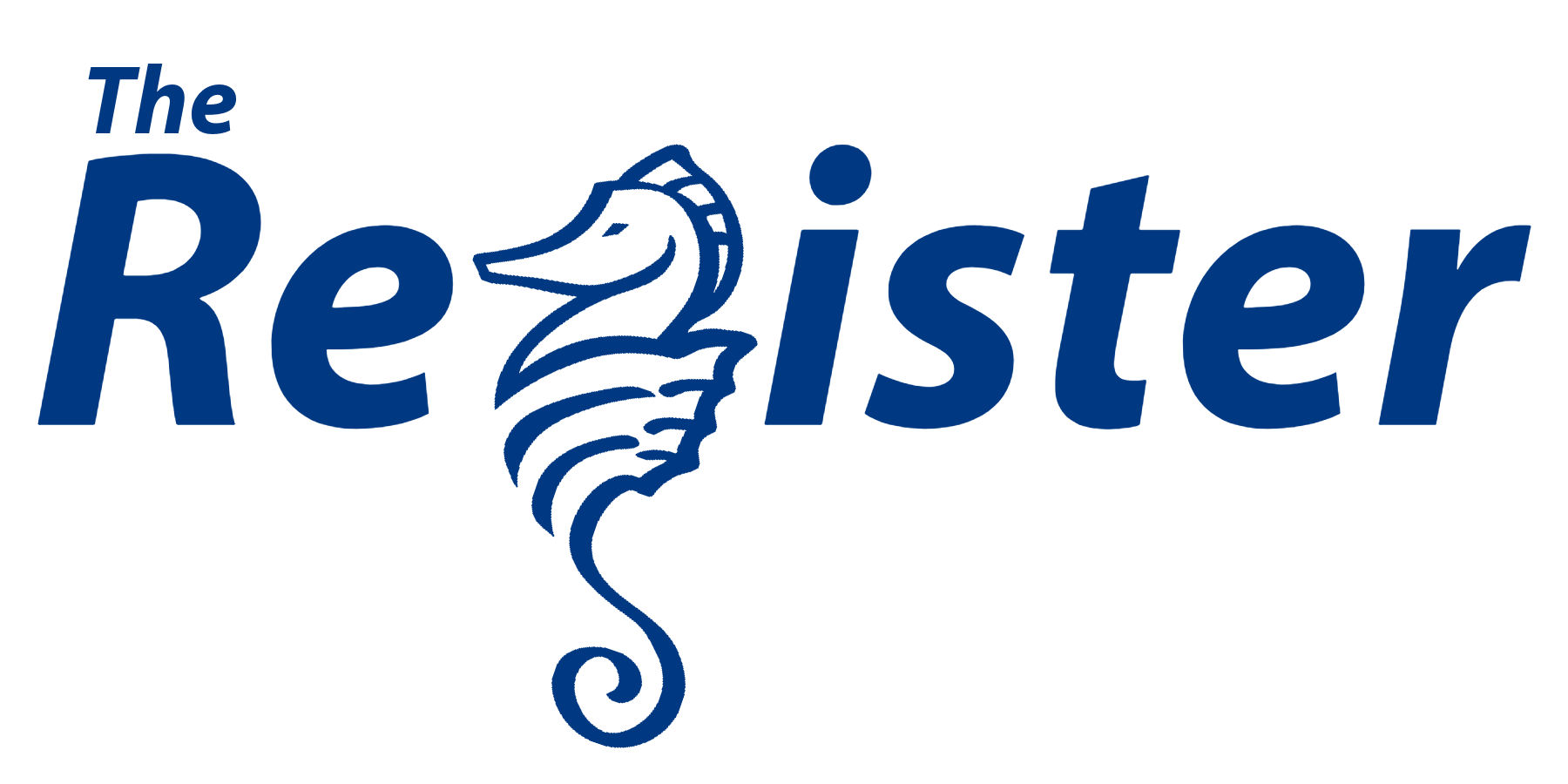


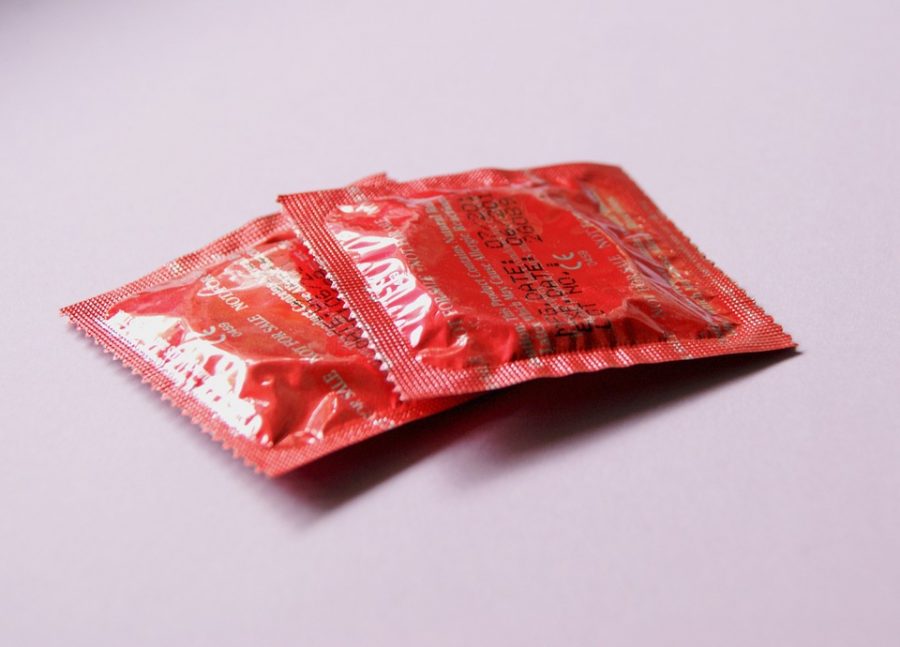
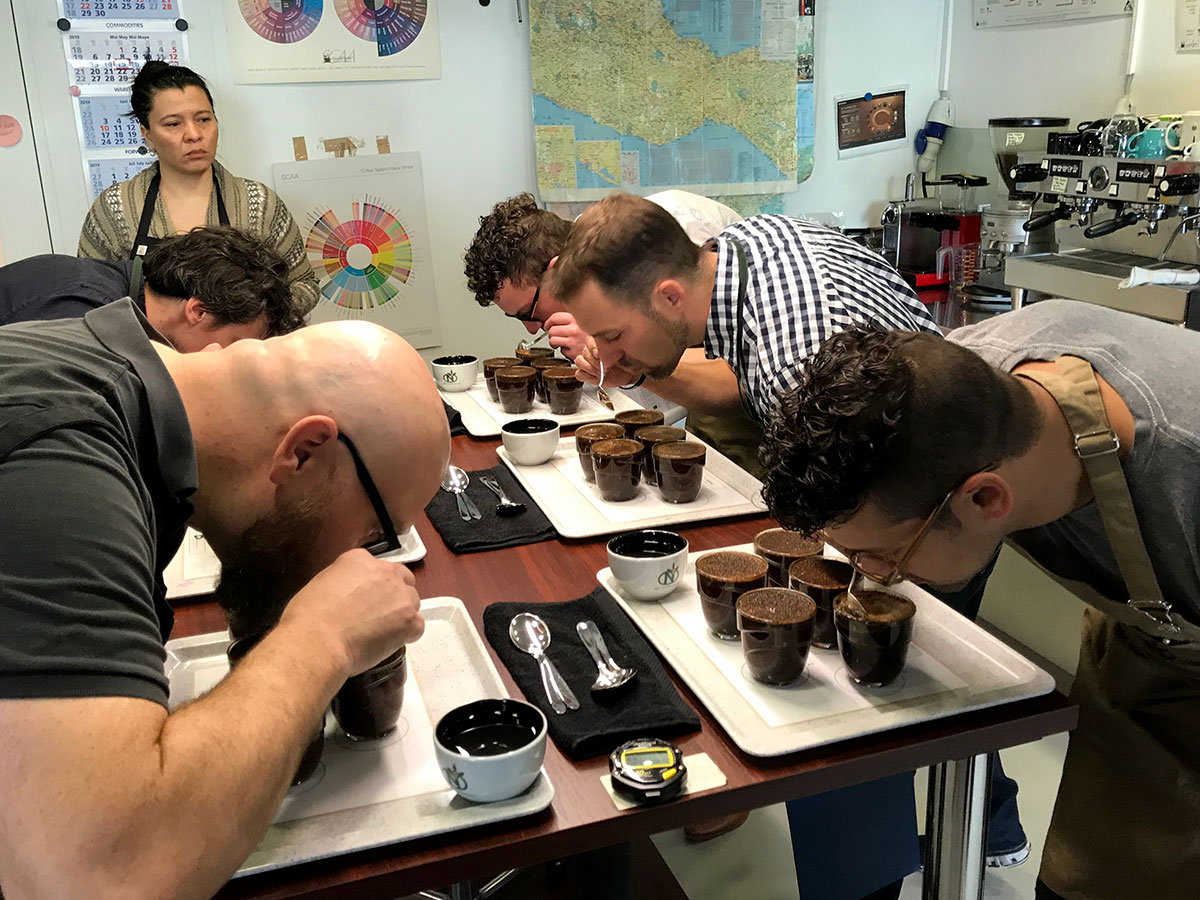
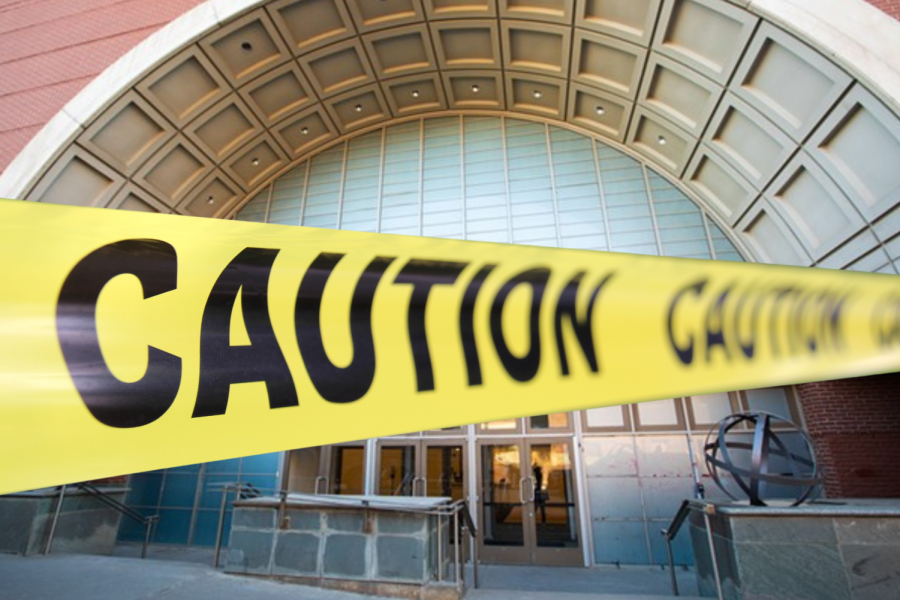
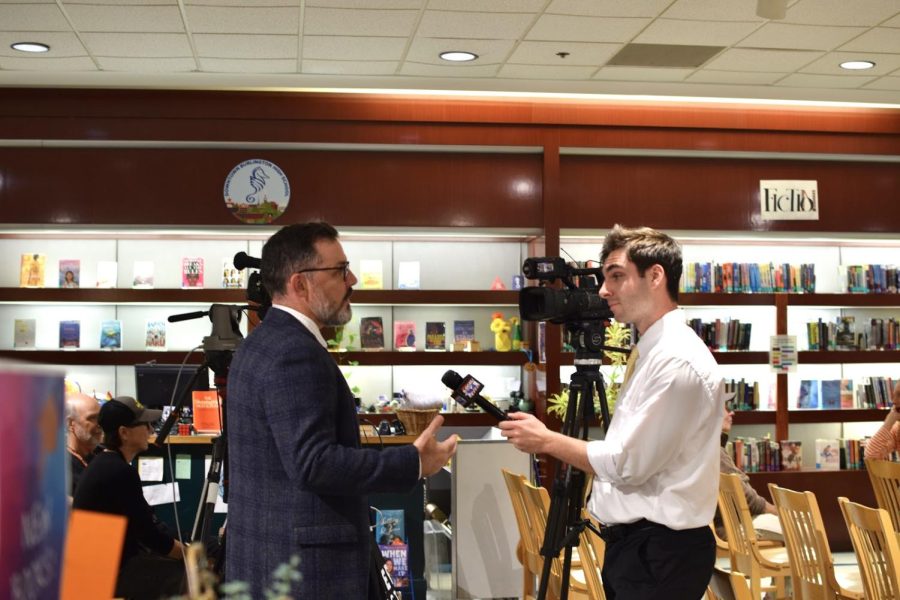
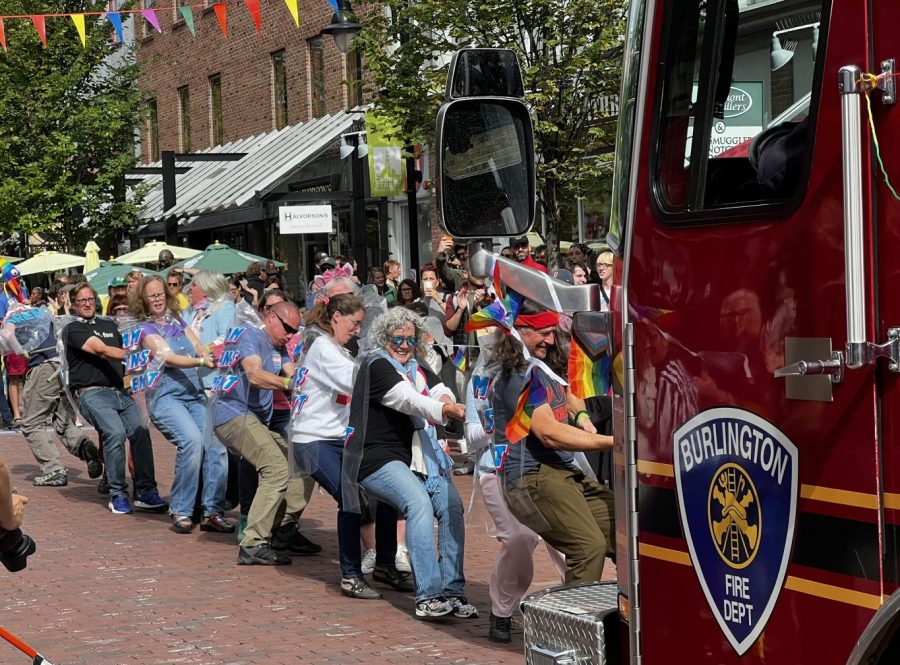
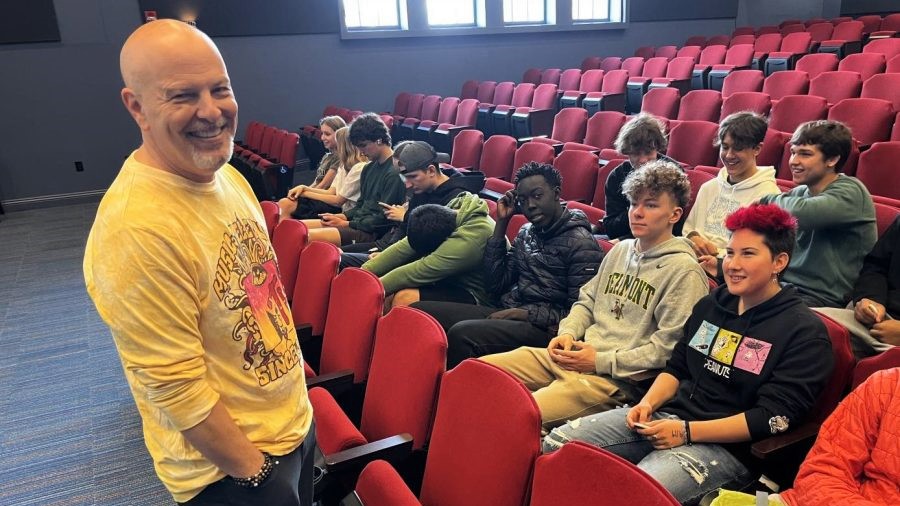

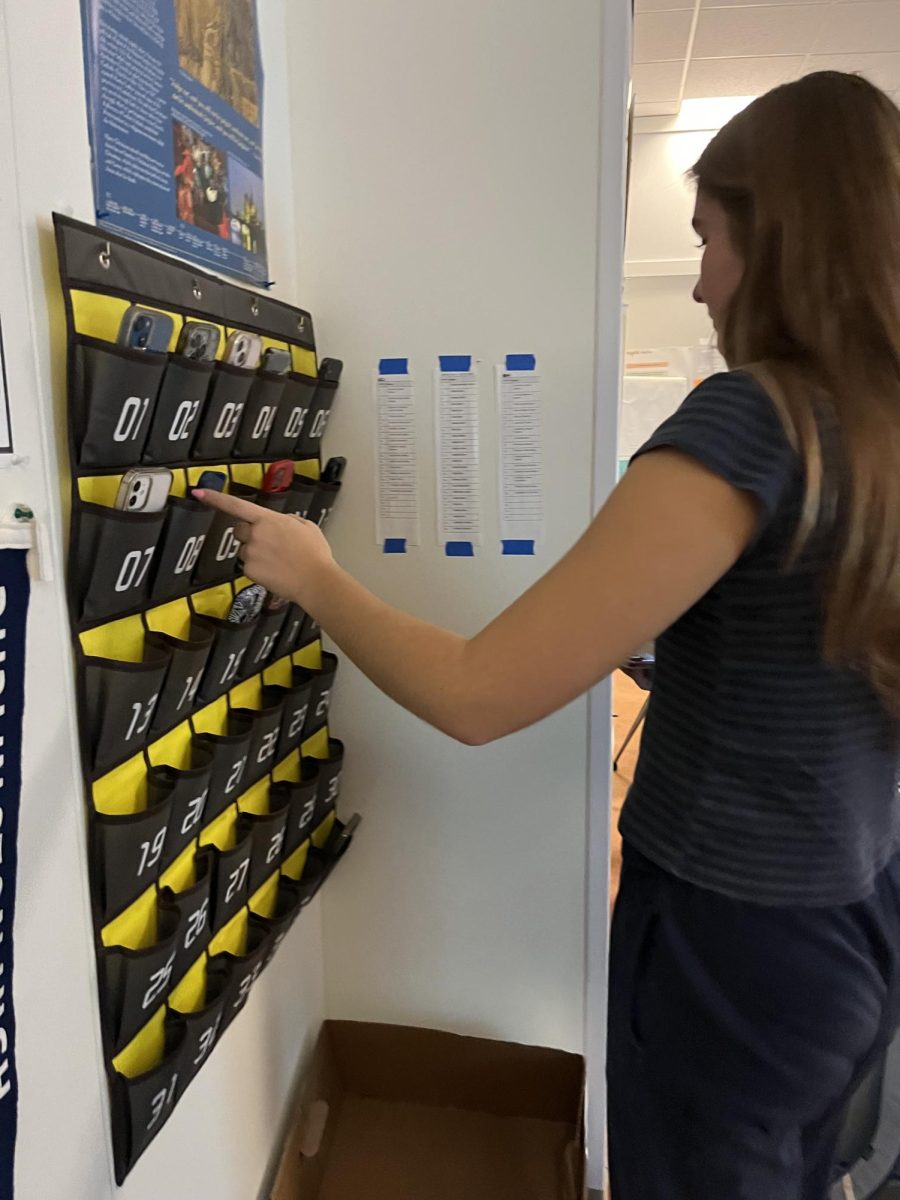
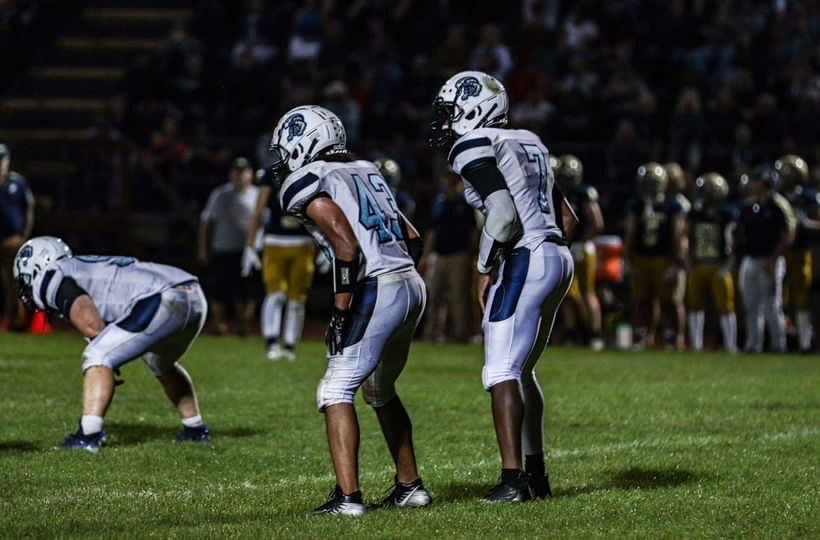
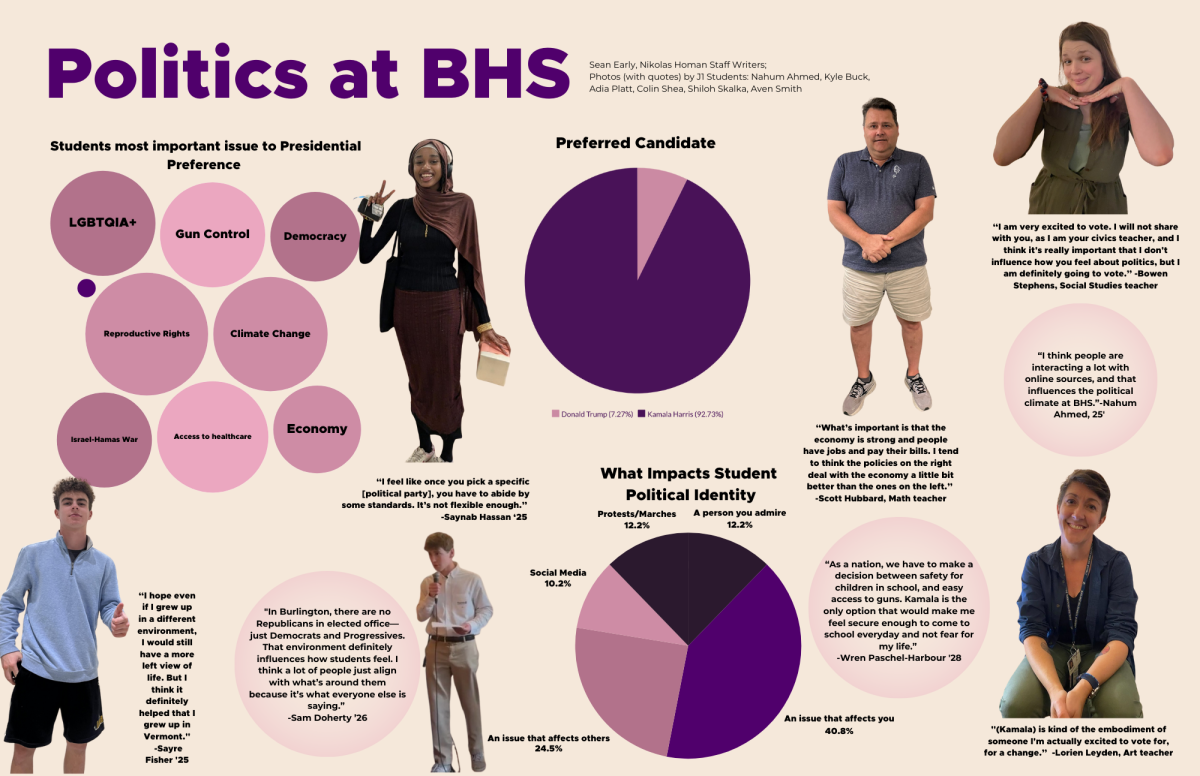
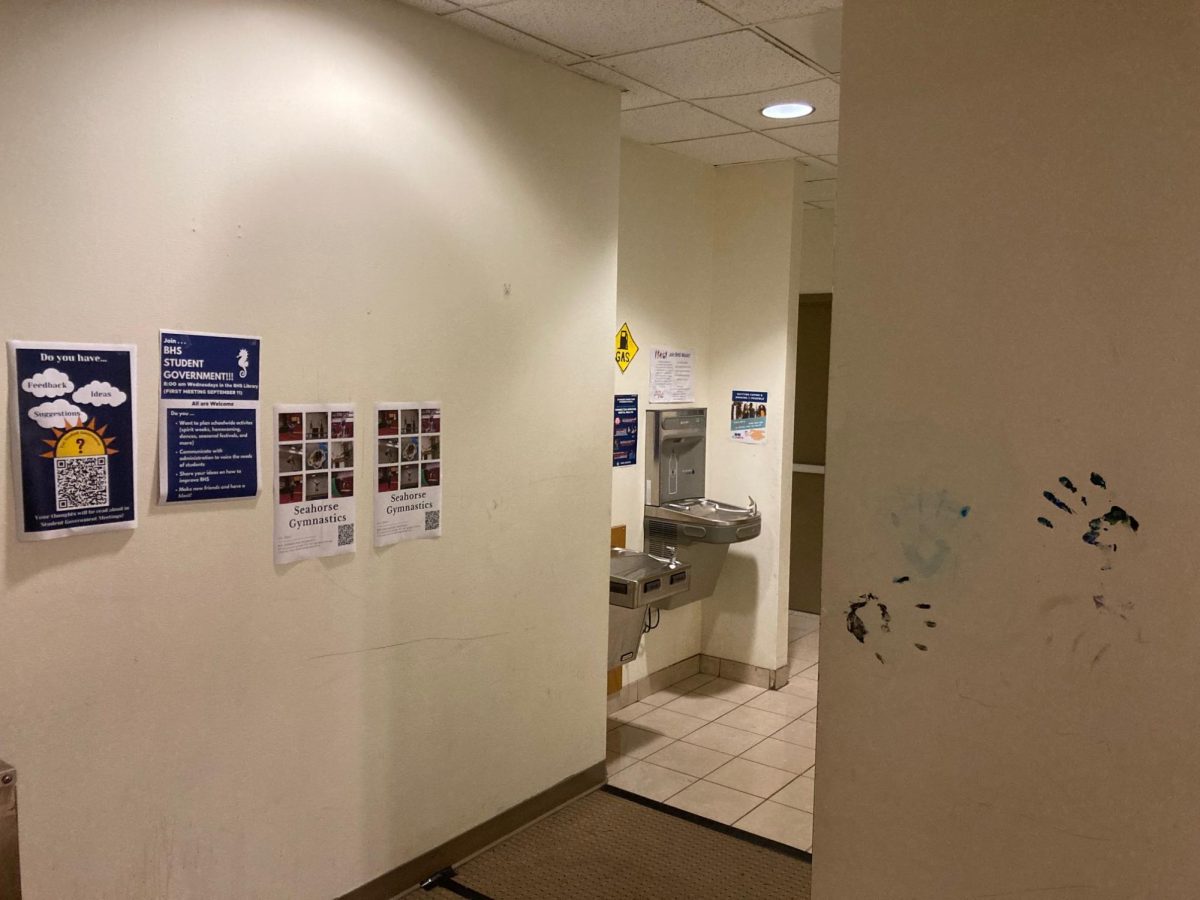

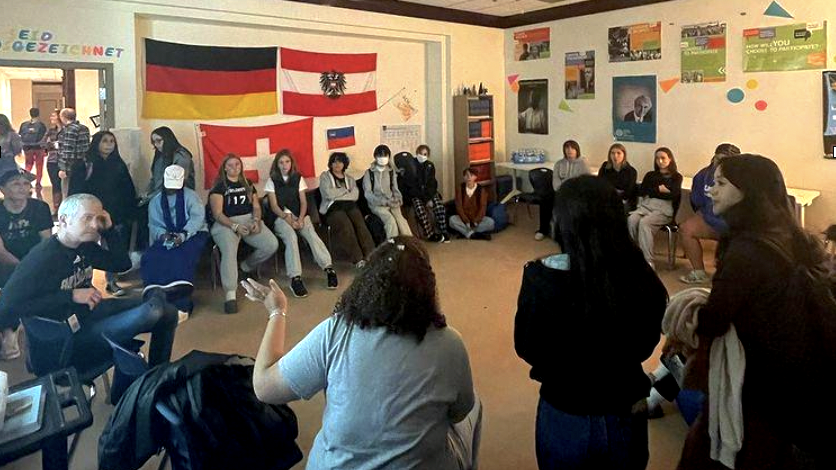

nikhilsunny • Jun 24, 2021 at 7:51 am
This blog has been is very informative. It’s a known fact that hiv prevention free condoms is possible, but you can never be too sure. This blog is for all those who take Sexually Transmitted Diseases too lightly. Understanding the symptoms of HIV can greatly help you in preventing it.